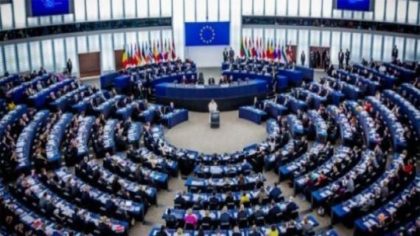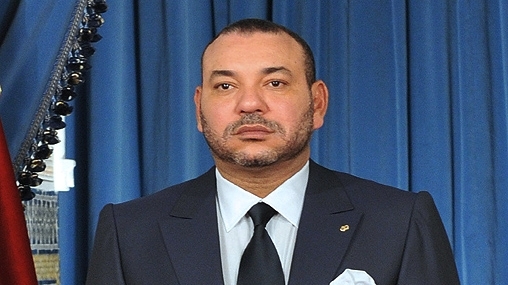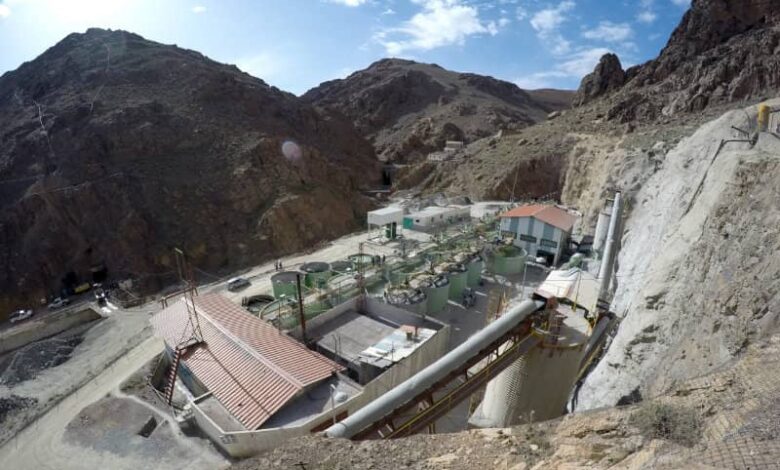 Members of the European Parliament (MEPs) and EU legal experts continue to express support for a renewal of the Morocco-EU fisheries agreement while challenging the non-binding opinion of European Court of Justice Advisor Melchior Wathelet.
Members of the European Parliament (MEPs) and EU legal experts continue to express support for a renewal of the Morocco-EU fisheries agreement while challenging the non-binding opinion of European Court of Justice Advisor Melchior Wathelet.
In a wave of articles critical of the pro-Polisario opinion by Wathelet, French Socialist member of the European Parliament, Gilles Pargneaux, said in an opinion published on the Parliament Magazine that the EU-Morocco fisheries agreement is mutually beneficial as it offers jobs and activities to European fishermen; more than 120 vessels set sail regularly from Europe to the waters of the Sahara.
On the Moroccan side, he said that contrary to the claims of Wathelet, the fisheries agreement favored EU investments in the Sahara, benefitting the people living in the region.
After recalling the time-honored ties between Morocco and the EU, Pargneaux warned of the justice system interfering in diplomatic relations of the EU.
“The EU should not limit its relations with Morocco to recent legal events. EU-Morocco relations are about more than trade – they encompass many more issues, such as the fight against terrorism, radicalization, the development of an in-depth economic area and the construction of an area of cooperation between Africa and Europe, where Morocco can act as a springboard. The fight against terrorism, migration and economic development represent the three pillars of our diplomatic ties with Morocco,” he said.
In this respect, Pargneaux drew attention to the contribution of Morocco’s intelligence in averting attacks in Europe in 2015, 2016 and 2017. “The EU has a strategic interest in deepening its security and intelligence cooperation with Morocco,” he said.
On migration, he said that future challenges require close cooperation with Morocco. “We need to re-start a discussion on migration and we need to step up EU financial actions towards Morocco and Africa to help the economic development in this part of the world in order to tackle the root causes of migration,” he added.



